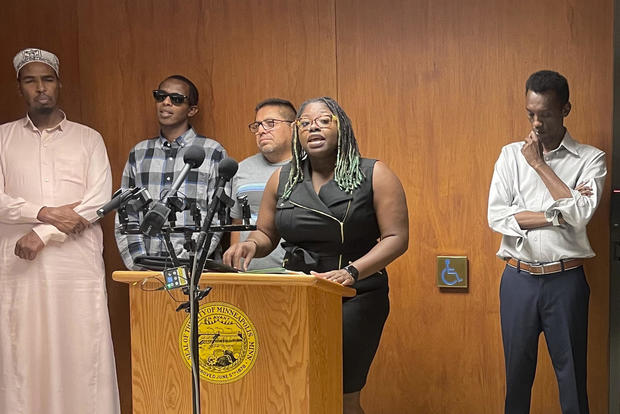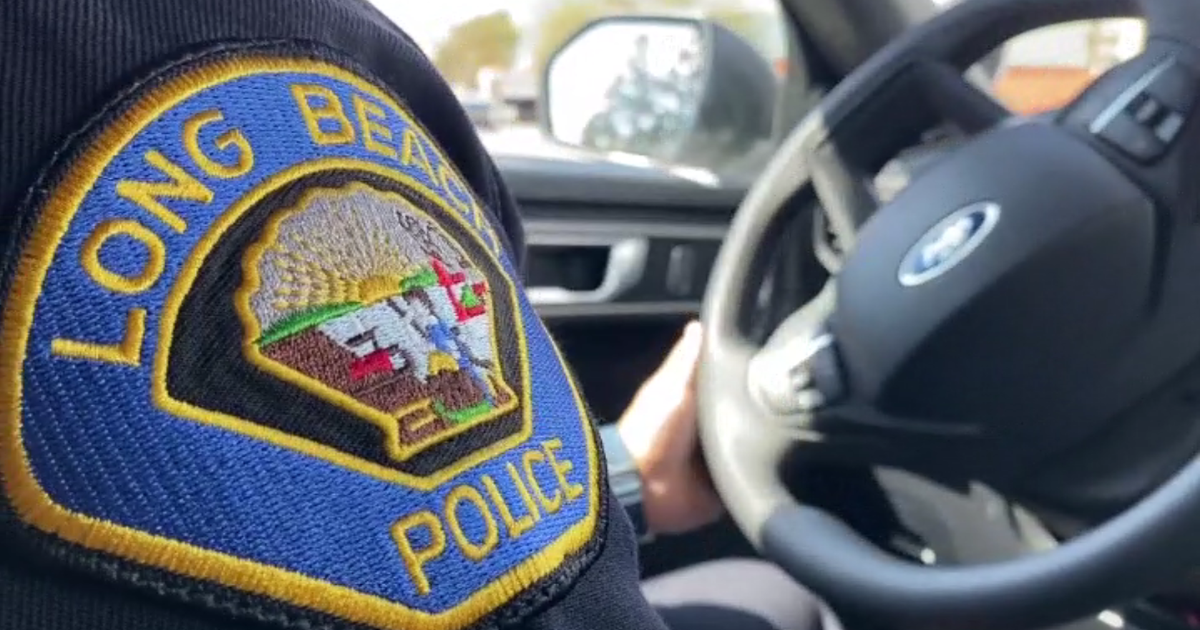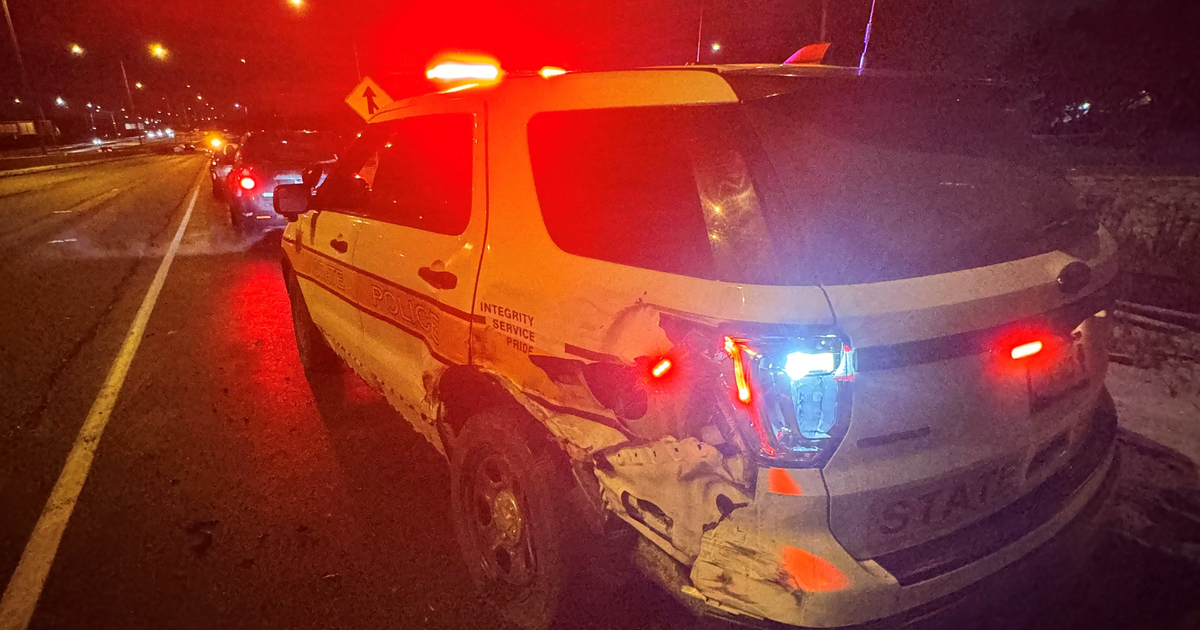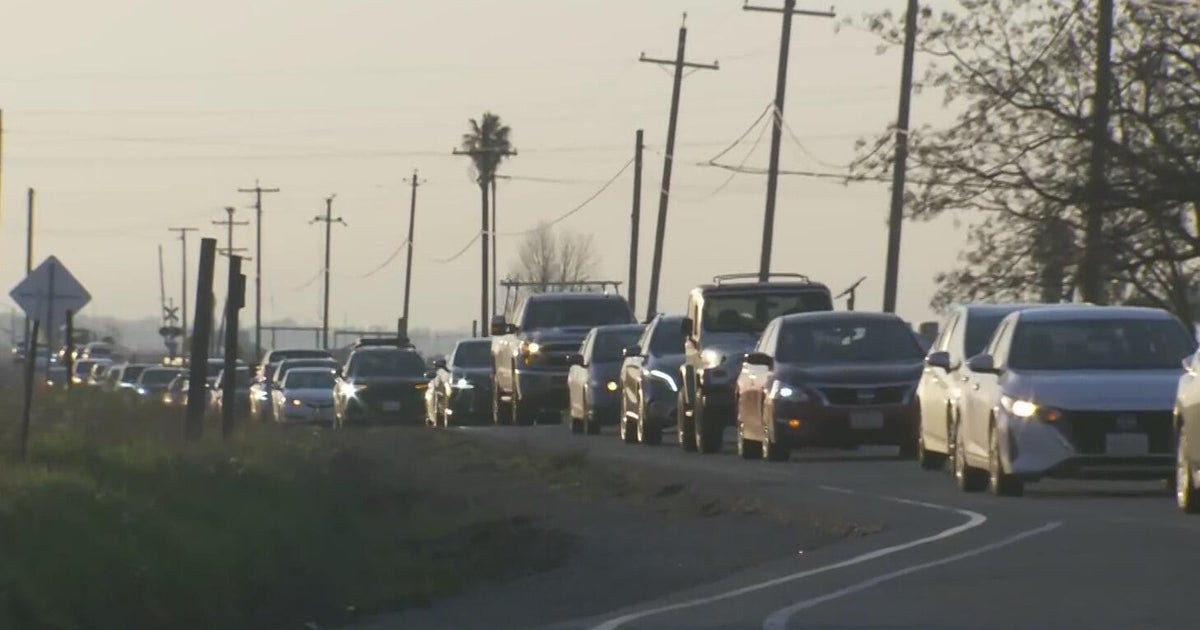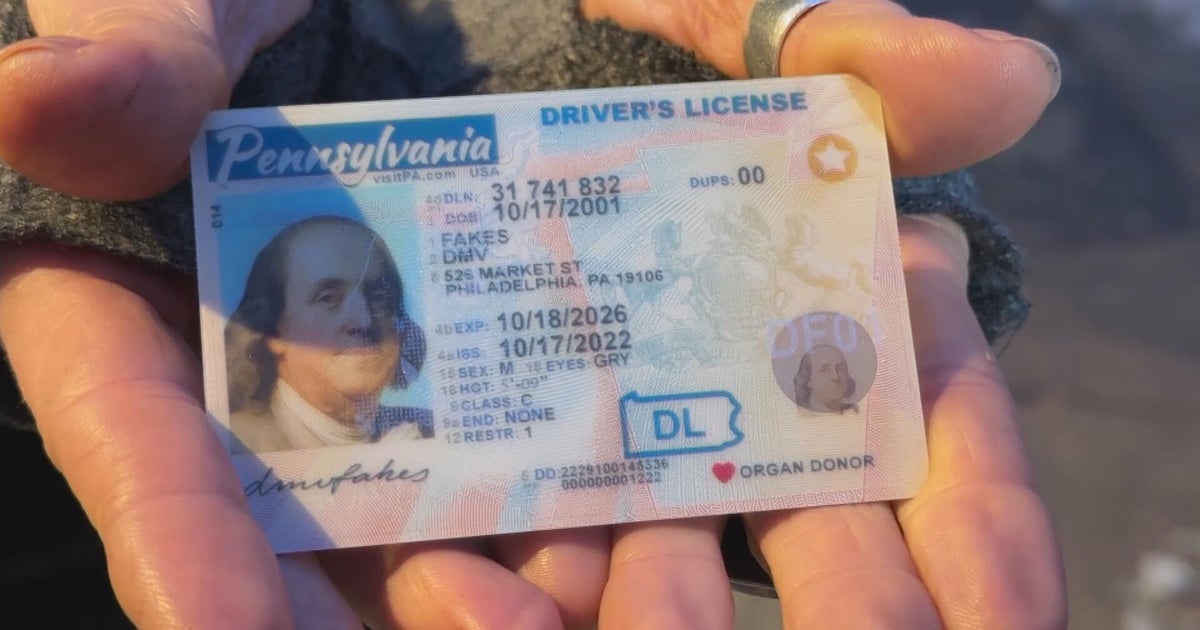Minneapolis considers minimum wage for Uber, Lyft drivers
Drivers for Uber, Lyft and other rideshare companies would get a minimum wage in Minneapolis if a city ordinance passes as early as next month, city council members said Tuesday at a news conference.
Under the ordinance, drivers would get at least $1.40 per mile and $0.51 per minute, or $5, whichever is greater. The rule would only apply for the portion of the ride within the city.
Uber and Lyft "cannot continue to collect billions of dollars off the backs of drivers, like the ones here today, while those very drivers struggle to cover their rent, childcare costs, health care bills, and so many other basic necessities," said Democratic council member Robin Wonsley, lead author of the proposed ordinance.
RELATED: Walz vetoes rideshare wages bill after Uber threatens to halt operations outside Twin Cities over it
Farxan Bedel said he has been driving for Uber and Lyft since 2018 to support his family.
"We just want fair compensation," Bedel said. "If you pay $50 from downtown Minneapolis to the airport, why am I getting $15? That's unfair."
If passed, the ordinance would also guarantee riders and drivers get receipts detailing how much the rider was charged versus what the driver received.
"The pay for drivers has dropped to less than half of what it was in 2014. That's what caused 1,300 drivers to organize," said Stephen Cooper, an attorney for the Minnesota Uber/Lyft Drivers Association and a former human rights commissioner for Minnesota.
Seattle, New York City and Washington state have passed similar policies to protect rideshare drivers, and rideshare companies haven't left those places, Cooper said.
In May, Minnesota's Democratic Gov. Tim Walz vetoed a bill that would have mandated higher pay and job security for Lyft and Uber drivers in the state. Walz said at the time that rideshare drivers deserve fair wages and safe working conditions, but it wasn't the right bill to achieve those goals.
Ride-hailing drivers, like other gig economy workers, are typically treated as independent contractors not entitled to minimum wages and other benefits, and have to cover their own gas and car payments.
